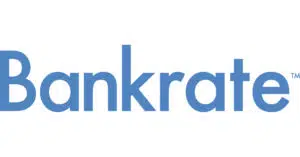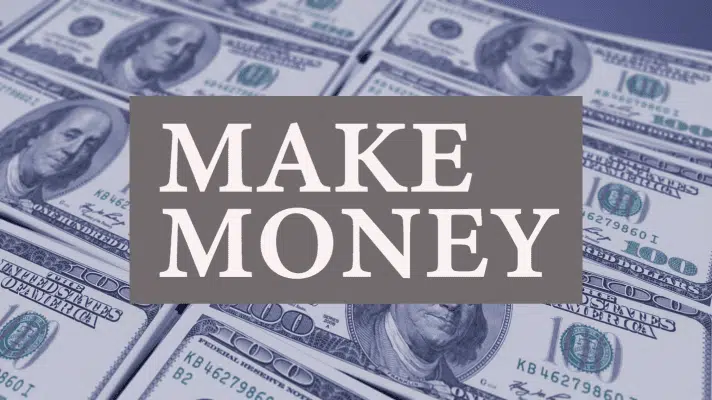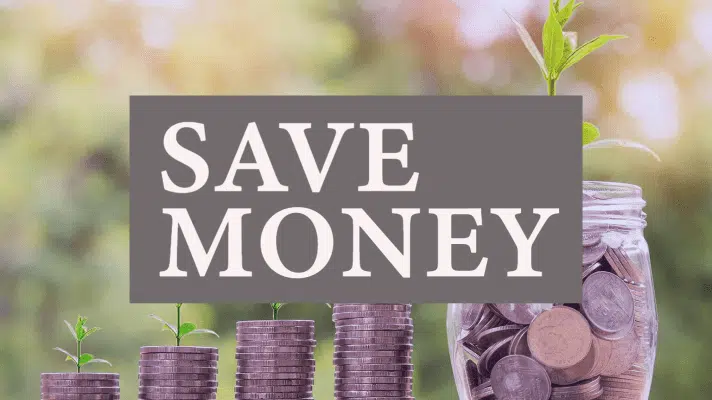
Hi! I'm Max.
In just 5 years, I've taken in over $80,000 in rental income and saved $100,000 at age 27.
I will help you get clarity on how to rent your spare bedroom and put a system in place that makes you money every month.
Are you ready for someone else to pay your mortgage & use that money for your next vacation to The Bahamas?
Get access to my free step-by-step guide now.
As Seen On





Latest Posts
-
12 Things Women Keep To Themselves
-
10 Signs of Unresolved Trauma That Need to Be Addressed
-
10 Negative Behaviors That Should Not Be Ignored
-
Sparking Desire: 10 Basics Many Men Find Irresistible in Partners
-
Fact or Fiction? 10 True Stories That Stretch the Imagination
-
Facing Adulthood: 10 Realities of Adulting We Can't Escape
-
10 Tips for Handling Passive Aggressive People
-
12 Tales of In-Laws Who Were Proven Right About Unhappy Marriages
-
10 Concepts That Baffle People
How I make $11,000 per year renting out my spare rooms?
Get access to my FREE guide now.











